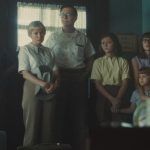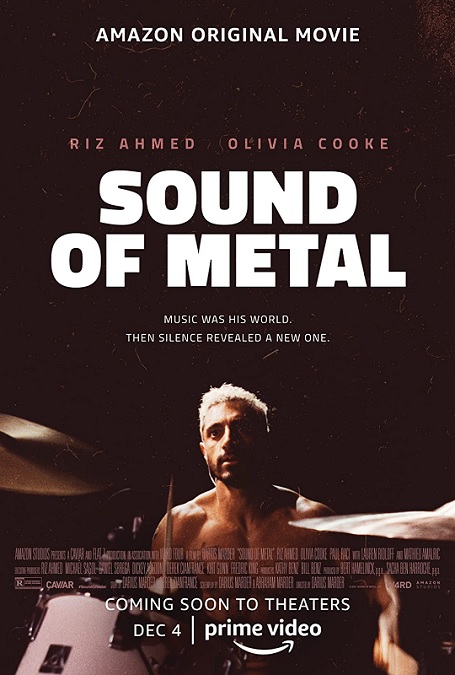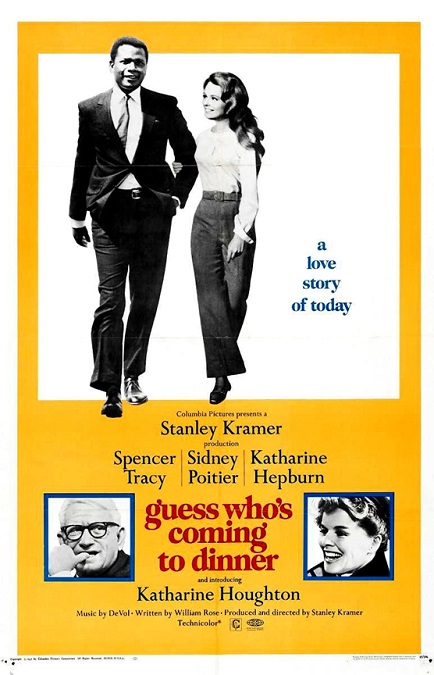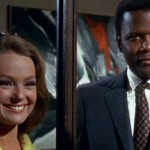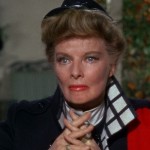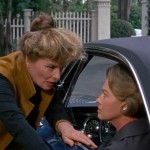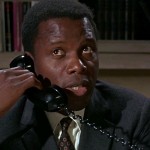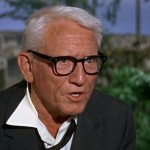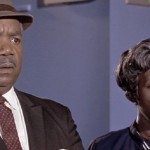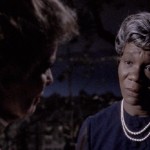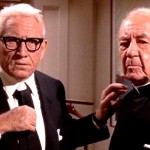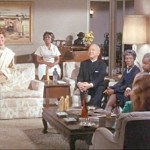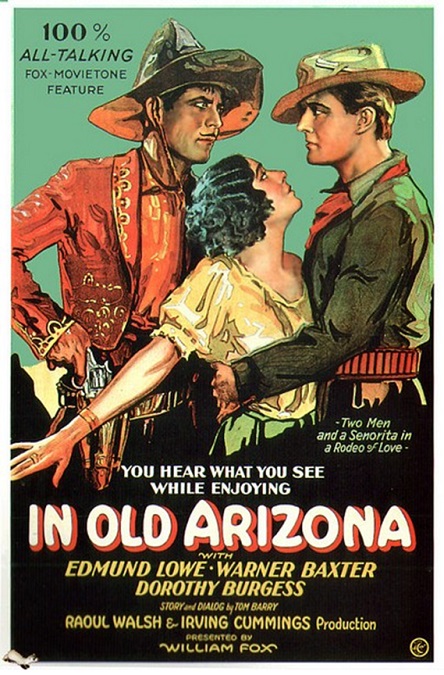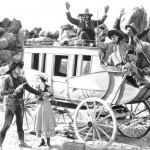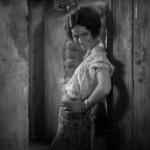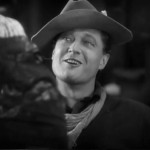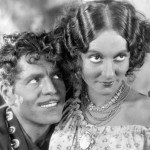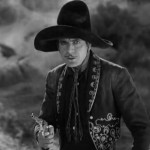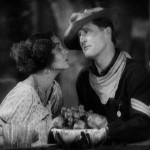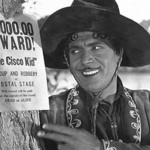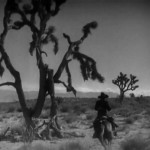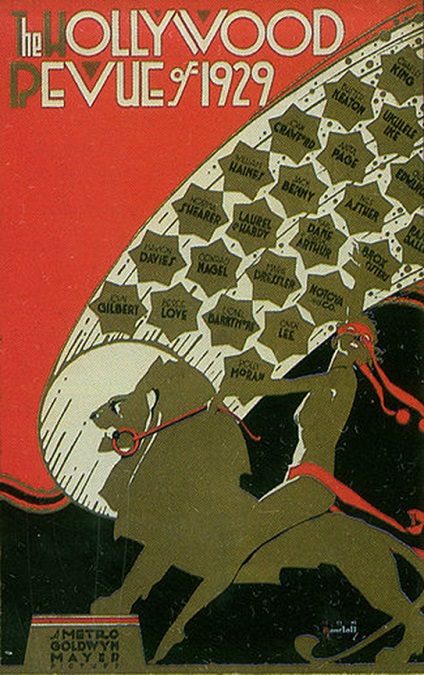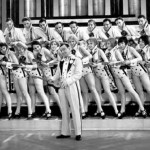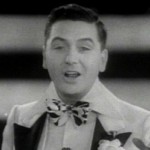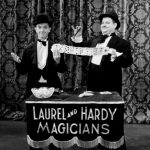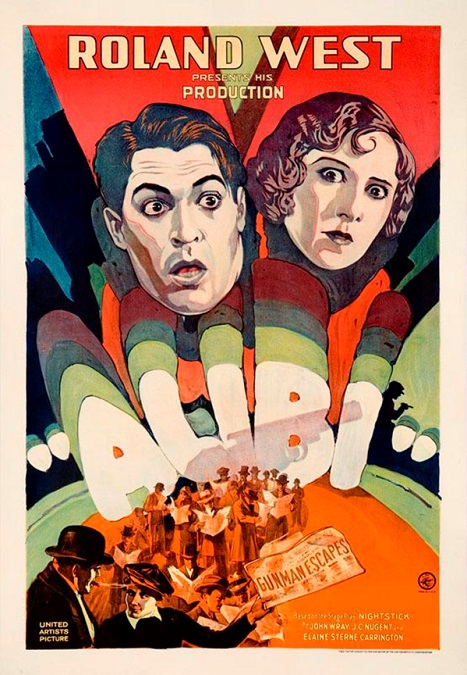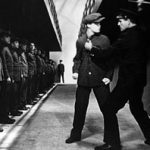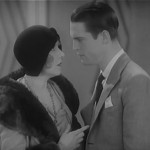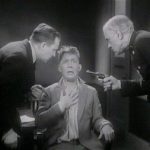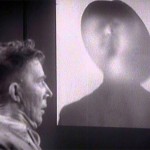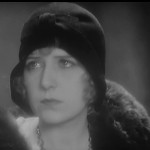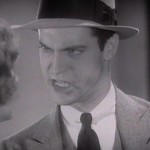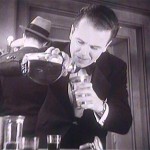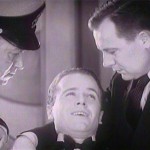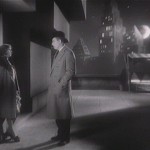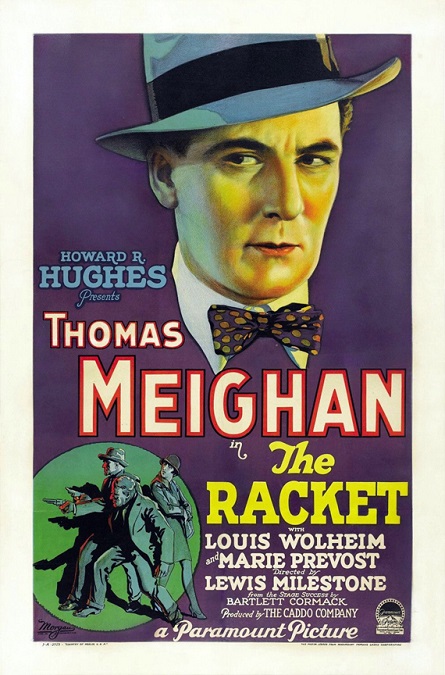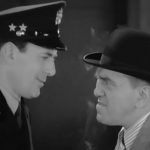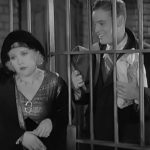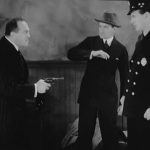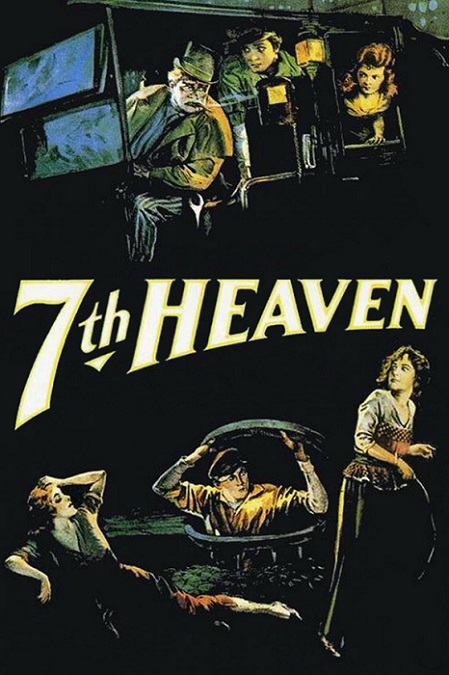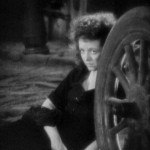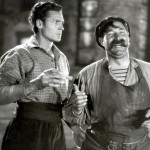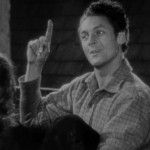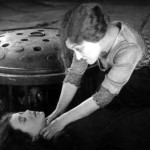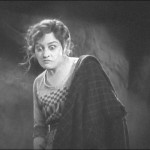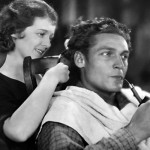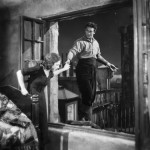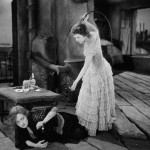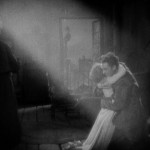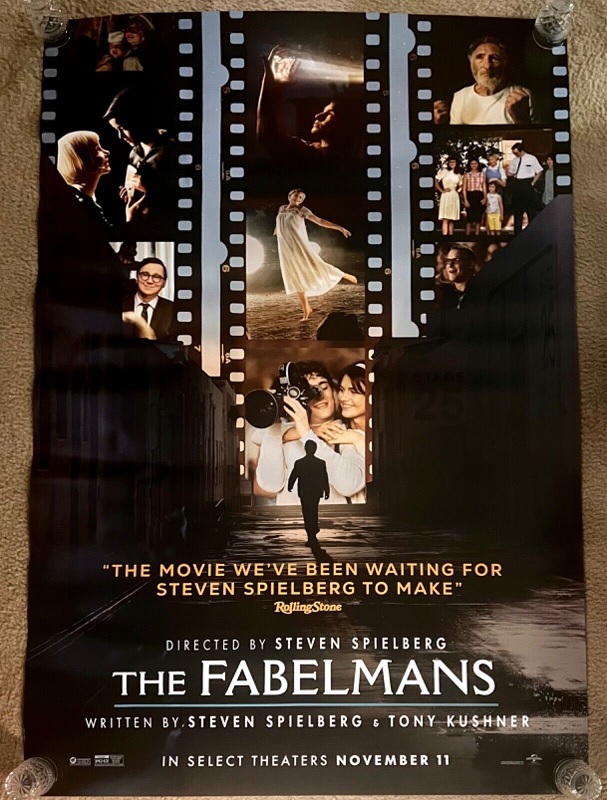

2022 – The Fabelmans
On the one hand, this is a Stephen Spielberg movie, so it is inherently good. It is well-written, well-constructed, well-cast, well-acted, and well-presented. Add to that another incredible John Williams score, and you have a shoe-in for a good movie. But on the other hand, the movie was a little slow, and even though it might have been somewhat cathartic for the famous director, it felt slightly self-indulgent. That being said, with all the incredible films under his belt, I think he should be allowed a passion proj ect or two. But all that is a very minor complaint, and in any case, is my only real criticism of the film at all. This was a very good movie. I may not have nominated it for Best Picture, but it was quite entertaining.
The film was a sort of slightly fictionalized autobiography of Stephen Spielberg, himself. It told of how, as a child, he was introduced to, and became fascinated with cinema. It showed how his passion was embraced by his mother, and dismissed as nothing more than a hobby by his father. It showed how his love for the art form was developed and how the young director honed his skills.
But there were also several keen dramatic elements to the film, like the terrible anti-Semitic bullying he faced in school, the infidelity of his mother, which led to his parents getting divorced. And it was these things, I believe, that earned the film its Oscar nomination. And it didn’t hurt, of course, that the voting Academy is a sucker for films that are about films and filmmaking. That’s why they loved movies like The Artist, which won Best Picture in 2011, and Hugo, which was also nominated for the top prize in 2011.
The cast was incredibly good. Here’s a quick run through of the key players. Gabriel LaBelle played Sammy Fabelman. Michelle Williams and Paul Dano played his parents, Mitzi and Burt. Seth Rogan played Benny, Mitzi’s lover. A couple of other notable names show up in smaller roles, names like Judd Hirsch, Greg Grunberg, and David Lynch. The entire cast did a fantastic job, but special props have to be given to Williams and Dano. For me, the acting skills of these two really seemed a cut above the rest. The first movie I remember seeing Michelle Williams in, in which she proved herself to be an outstanding dramatic actress was 2016’s Manchester By the Sea. The role of Mitzy wasn’t quite as intense as that one, but it was still beautifully performed.
But really, it was Paul Dano that caught my attention. He was just so believable in the part of Burt Fabelman. He was smarter than all of the people around him, certainly more so than his son and his wife. I think He was somewhat aware of his wife’s affair, and continued to treat her with love and kindness. But in the end, she left him to be with Benny, taking their three daughters with her. When Burt saw a photograph of Mitzy in her new home with a smile on her face that he had never been able to give her, his private emotions came to the surface. Dano was so good in that moment. But even then, his main concern was for his son, Sammy, who was going through a difficult time of his own.
And then I have to mention Seth Rogan. The character of Uncle Benny could very easily have been a bit of a throw-away character. But I really liked the way Rogan played the part. In particular, I liked the scene where he bought the camera for Sammy. It became clear that despite having an affair with a married woman, he was actually a good man who not only loved Mitzy, but Burt as well, and by extension, their children. He loved Mitzy enough to back away and end the affair, and because of both the way the character was written, and Rogan’s performance, I ended up liking Uncle Benny, despite his faults.
The other dramatic subplot of the movie was one that I was not expecting. It was the bullying Sammy had to endure because of the anti-Jew behavior of the other kids at the school. But it was handled fairly well, I think. It was intriguing, because even the girl who showed romantic interest in Sammy was anti-Semitic. One of the only reasons she initially wanted to go out with him was so that she could convert him to Christianity. She was almost more offensive than the bullies because she so easily assumed that he had an innate desire to become a Christian. The thought never even occurred to her that he had any desire to remain a Jew. I was offended on Sammy’s behalf!
And one final scene that I found fascinating was the one in which the school jock, the chief bully, grew both angry and strangely sympathetic toward Sammy for making him look like a superstar to the rest of the school, despite that way he had treated him all year. It was almost a touching scene, by the end of which, the two boys developed something like mutual respect or even understanding, knowing that they were still not friends, but no longer enemies.
This was a Spielberg movie that didn’t feel like one. It had a smaller scale and a subtlety that I’m not used to seeing from him. It was good, though I wouldn’t call it great. It was enjoyable to watch, though it’s not the kind of film I need to see again any time soon.





